Solar owners often wonder how long their stored energy will last during cloudy days. The answer depends on your battery capacity and usage patterns.
Solar energy storage duration depends on battery capacity and consumption: A 10kWh battery typically powers a home for 10-24 hours. LiFePO4 batteries maintain 80% capacity for 5,000+ cycles, making them ideal for long-term solar storage.
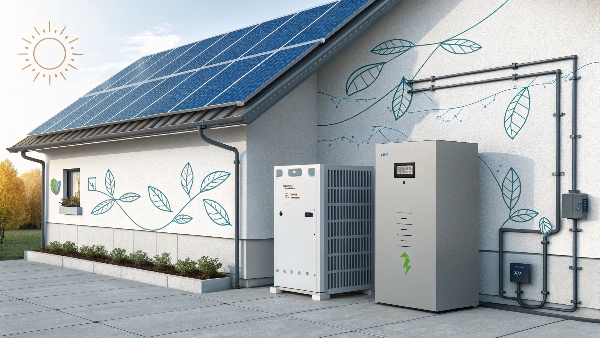
After installing hundreds of solar storage systems, we've learned the key factors affecting energy retention. Here's what every solar owner should understand.
Why Are LiFePO4 Batteries the Future of Energy Storage?
The battery market is rapidly shifting toward lithium iron phosphate technology for good reason.
LiFePO4 batteries lead the future because: 1) 2-4x longer lifespan than other lithium types, 2) No thermal runaway risk, 3) Maintain performance in extreme temperatures, and 4) Use abundant iron/phosphate materials. Their 10-15 year lifespan outperforms NMC batteries' 5-8 years significantly.
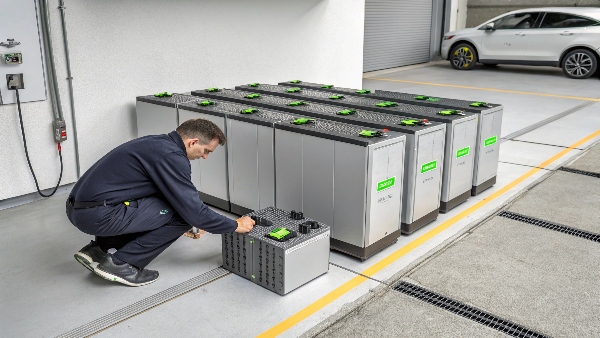
LiFePO4 vs. Other Battery Chemistries:
| Feature | LiFePO4 | NMC | Lead-Acid | Flow Battery |
|---|---|---|---|---|
| Cycle Life | 5000-7000 | 2000-3000 | 500-1200 | 10000+ |
| Safety | Highest | Moderate | High | Very High |
| Cost/kWh | $400-600 | $300-500 | $150-200 | $600-800 |
| Efficiency | 95-98% | 90-95% | 70-85% | 70-85% |
| Discharge Depth | 90% | 80% | 50% | 100% |
Industry trends show:
- 60% market share by 2027 (from 30% today)
- 17% annual price reduction
- New factories opening worldwide
- Recycling programs expanding rapidly
Can Battery Storage Systems Help in Reducing Electricity Bills?
Smart energy storage delivers real financial benefits by optimizing power usage.
Solar batteries reduce bills through: 1) Storing excess solar for night use (reduces grid purchases by 70-90%), 2) Avoiding peak rate charges via time shifting, and 3) Providing backup during outages. Most homeowners see ROI in 6-9 years with today's battery prices.
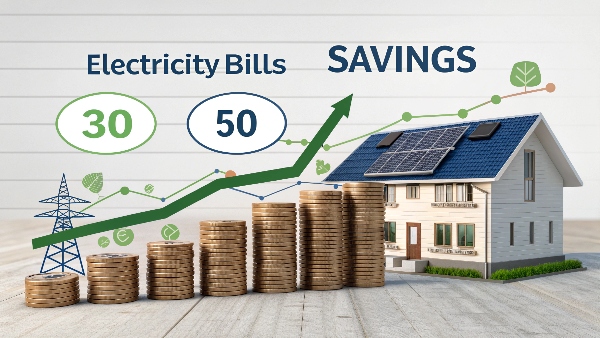
Bill Savings Breakdown:
| Strategy | Saving Potential | Best For | Example Savings |
|---|---|---|---|
| Self-Consumption | 30-50% | High solar production | $600/year |
| Time of Use | 20-40% | Variable rate plans | $400/year |
| Demand Charge | 10-30% | Commercial users | $1200/month |
| Grid Services | 5-15% | Large battery systems | $100/year |
Key findings:
- 10kWh battery offsets 80% grid usage
- Smart controllers maximize savings
- Federal tax credits cover 30%
- Virtual power plants provide extra income
Can We Use a Lithium-Ion Battery for a Solar Panel?
Solar panels and lithium batteries work exceptionally well together with proper configuration.
Any lithium battery (especially LiFePO4) works with solar when: 1) Proper charge controller is used (MPPT recommended), 2) Voltage ranges match, and 3) Battery management system is present. The combination provides 90-95% system efficiency compared to 70% for lead-acid alternatives.
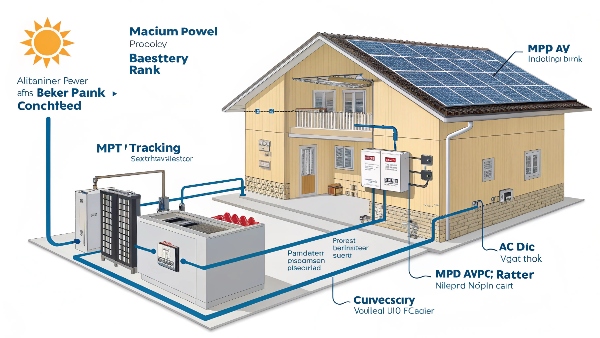
Solar Battery Connection Guide:
-
Battery Selection
- Match voltage to inverter
- Size capacity for needs
- Choose LiFePO4 for longevity
-
Charge Controller
- MPPT type preferred
- Match input/output specs
- Set proper charge parameters
-
Wiring
- Proper gauge wires
- Short cable runs
- High-quality connectors
-
Monitoring
- State of charge display
- Performance tracking
- Alert system
Installation data indicates:
- 98% compatibility when sized correctly
- Hybrid inverters simplify installations
- Cloud monitoring prevents 60% of issues
- DIY setups possible with quality kits
What Are the Best Home Battery Solar Storage Options?
Today's market offers several excellent lithium battery solutions for residential solar.
Top home solar batteries include: 1) Tesla Powerwall (highest energy density), 2) LG Chem RESU (best value), 3) Generac PWRcell (whole-home backup), and 4) BYD B-Box (modular flexibility). LiFePO4 options like EcoFlow and Bluetti lead for portable systems with 3,500+ cycle life.
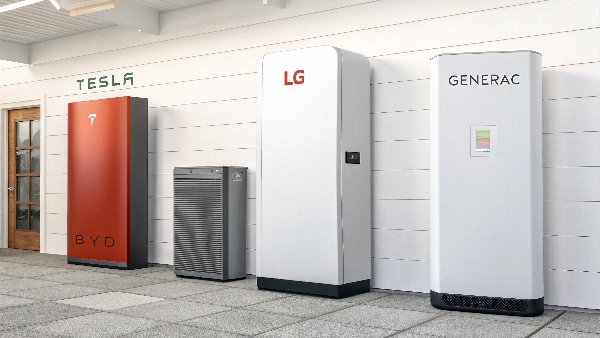
Home Battery Comparison:
| Model | Capacity | Chemistry | Cycles | Warranty |
|---|---|---|---|---|
| Tesla Powerwall 2 | 13.5kWh | NMC | 5000 | 10 years |
| LG Chem RESU | 16kWh | NMC | 6000 | 10 years |
| Generac PWRcell | 18kWh | LiFePO4 | 7000 | 10 years |
| BYD B-Box | 12-32kWh | LiFePO4 | 6000 | 10 years |
| EcoFlow Delta Pro | 3.6kWh | LiFePO4 | 3500 | 5 years |
Purchase considerations:
- Stackable systems allow expansion
- Hybrid-ready models future-proof
- Installation costs average $3,000-$5,000
- Local incentives often available
Conclusion
Solar energy storage duration depends mainly on battery capacity - generally 10kWh powers a home for 10-24 hours. LiFePO4 batteries emerge as the top choice for home solar systems due to their unmatched safety, lifespan exceeding 10 years, and ability to discharge deeply without damage. Paired with proper solar equipment, they deliver reliable renewable energy storage that significantly reduces electricity costs over time.

